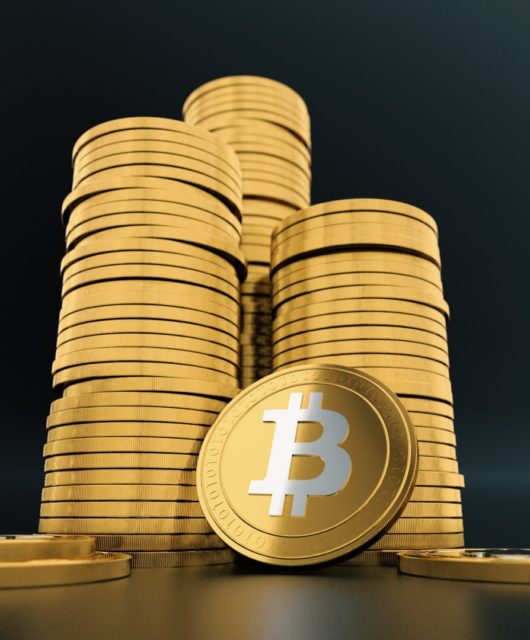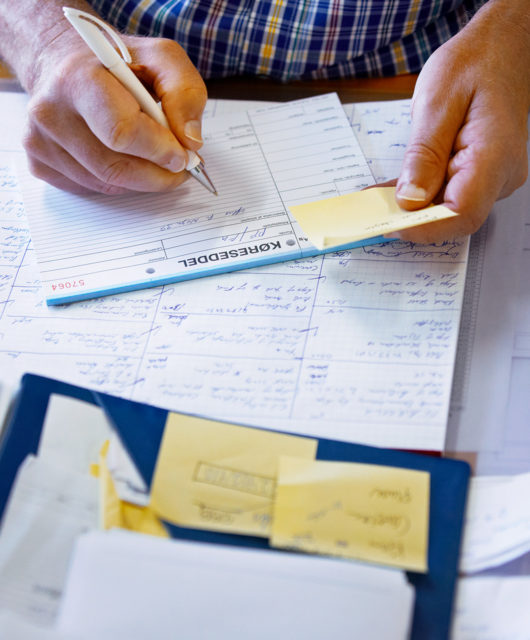The Impact Of Inflation On The US Economy – Kavan Choksi
 Inflation is a hot topic in the United States right now. The Federal Reserve is constantly trying to find the right balance between keeping prices stable and encouraging economic growth. In this blog post, experts like Kavan Choksi will take a closer look at the impact of inflation on the US economy. We will discuss how it affects different parts of society, and what policymakers are doing to try to control it.
Inflation is a hot topic in the United States right now. The Federal Reserve is constantly trying to find the right balance between keeping prices stable and encouraging economic growth. In this blog post, experts like Kavan Choksi will take a closer look at the impact of inflation on the US economy. We will discuss how it affects different parts of society, and what policymakers are doing to try to control it.
Table of Contents
1. What is inflation, and how does it affect the US economy?
Inflation is a general increase in prices and wages. It can be caused by many things, like an increase in the cost of raw materials or a decrease in the value of the US dollar. When inflation goes up, it means that your money doesn’t go as far as it used to. You have to spend more money to buy the same things.
Inflation can have both positive and negative effects on the economy. On one hand, it encourages people to spend money sooner rather than later, because they know that prices will go up. This can lead to more economic activity and growth. On the other hand, inflation can also erode people’s purchasing power and make them feel poorer. This can lead to less spending, and can slow down economic growth.
How does inflation affect different parts of society?
Inflation can have different effects on different parts of society. For example, people on fixed incomes, like pensioners, may find that their incomes don’t keep up with inflation. This can make it difficult to afford basic necessities. On the other hand, people with variable incomes, like entrepreneurs, may find that their incomes go up as prices go up. This can provide them with more money to invest in their businesses and create jobs.
What are policymakers doing to try to control inflation?
There are two main ways that policymakers can try to control inflation: through monetary policy and through fiscal policy.
Monetary policy is when the central bank (in the US, this is the Federal Reserve) changes interest rates in order to influence economic activity. If the central bank wants to slow down inflation, it will raise interest rates. This will make it more expensive for people to borrow money, and will discourage spending. If the central bank wants to boost economic activity, it will lower interest rates. This will make it cheaper for people to borrow money, and will encourage spending.
Fiscal policy is when the government changes taxes and spending in order to influence economic activity. If the government wants to slow down inflation, it will raise taxes and cut spending. This will reduce the amount of money that people have to spend, and will discourage economic activity. If the government wants to boost economic activity, it will lower taxes and increase spending. This will put more money into people’s pockets, and will encourage them to spend more.
What are the risks of inflation?
There are two main risks of inflation: that it will get out of control and that it will hurt economic growth.
If inflation gets out of control, it can lead to hyperinflation. This is when prices go up so rapidly that the currency becomes worthless. This can cause chaos and economic collapse.
If inflation hurts economic growth, it can lead to a recession. This is when the economy shrinks for two consecutive quarters. A recession can lead to job losses, business failures, and a rise in poverty.









